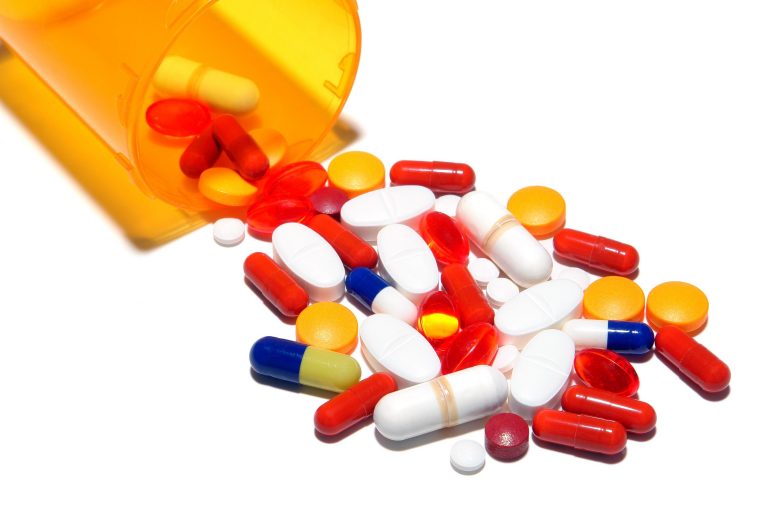
4 March 2020, New Delhi
India has restricted the export of 26 active pharmaceutical ingredients (APIs) and the medicines made from them, in a move seen aimed at tackling possible domestic shortages of medicine during the coronavirus outbreak. India is the world’s main supplier of generic drugs.
The list includes paracetamol, Vitamins B1, B6, B12, female hormone drug Progesterone, antibiotics used to treat vaginal infections like Tinidazole and Metronidazole, a drug used to treat herpes Acyclovir, and other antibiotics like Chloramphenicol, Erythromycin Salts Neomycin, Ornidazole, and Clindamycin.
On Wednesday, Dinesh Dua, chairman of the Pharmaceuticals Export Promotion Council of India (Pharmexcil), told Reuters that some of the restricted APIs and medicines were widely exported to Europe and the United States.
“I am getting a huge number of calls from Europe because it is very sizeably dependent on Indian formulations and we control almost 26% of the European formulations in the generic space. So they are panicking,” Dua said.
India’s list of restricted medicines account for 10% of its total pharmaceutical exports and includes several antibiotics, as well as Paracetamol, a common pain reliever also sold as acetaminophen.
The Food and Drug Administration in the United States, where Indian imports accounted for 24% of medicines in 2018, said on Tuesday it was working to determine how the restrictions will affect U.S. supplies.
India exported about $19 billion of drugs last year and accounted for about one-fifth of the world’s exports of generics by volume, according to the India Brand Equity Foundation.
India’s exports of the specified drugs are unlikely to be completely stopped, said Sudarshan Jain, secretary-general of the Indian Pharmaceutical Alliance, which represents most of the country’s large pharmaceutical companies.
“It’s not a ban on export,” he said. “It’s a restriction. What we want to do is monitor the movement of the drugs.”
The antibiotics facing export limits are tinidazole, metronidazole, chloramphenicol, erythromycin salts, neomycin, clindamycin salts, and ornidazole.
Other drugs on the restricted list include the painkiller acetaminophen, the hormone progesterone, the antiviral drug acyclovir, and the vitamins B1, B6 and B12.
The restrictions could hurt India’s image as a pharmacy to the world and would impact shipments which were already lined up for export at warehouses and ports, Pharmexcil argued in a letter to India’s Directorate General of Foreign Trade (DGFT), which was reviewed by Reuters.
The DGFT did not respond to a request for comment.
“The exporters not only suffer the monetary losses but also their credibility and reputation in the international market is at stake,” said the letter, which urged the government to allow exports of drugs manufactured before the restrictions kicked in.
“(This) would severely impact our members.”
Dua told Reuters there were $10 million worth of drugs currently at Indian ports or close to being readied for export.
Pharmexcil counts dozens of pharmaceutical firms such as Pfizer Ltd and Abbott among its members. The council falls under the federal commerce ministry.
Novartis AG said on Wednesday it was monitoring the changes in Indian export policy and will “adopt measures as the situation evolves”, though the company does not anticipate a supply chain disruption as of now.
Indian drugmakers rely on China, the source of the virus outbreak, for almost 70% of the APIs for their medicines. Industry experts say they are likely to face shortages if the coronavirus epidemic drags on.
India – which has so far confirmed 28 cases of the coronavirus, including 16 Italians – has urged calm and said there were enough stocks to manufacture formulations for two to three months.
(with inputs from Agencies)










